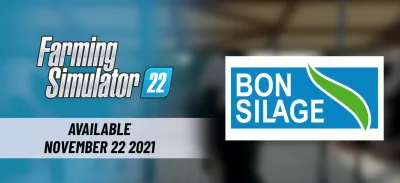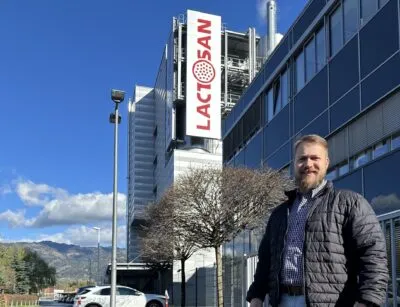BONSILAGE SPEED C is a German award winner
BONSILAGE SPEED C, our premium inoculant, was recently honored by the German Agriculture Society, a leading technical progress organization in the German agricultural and food sector. Read more about the honor here.
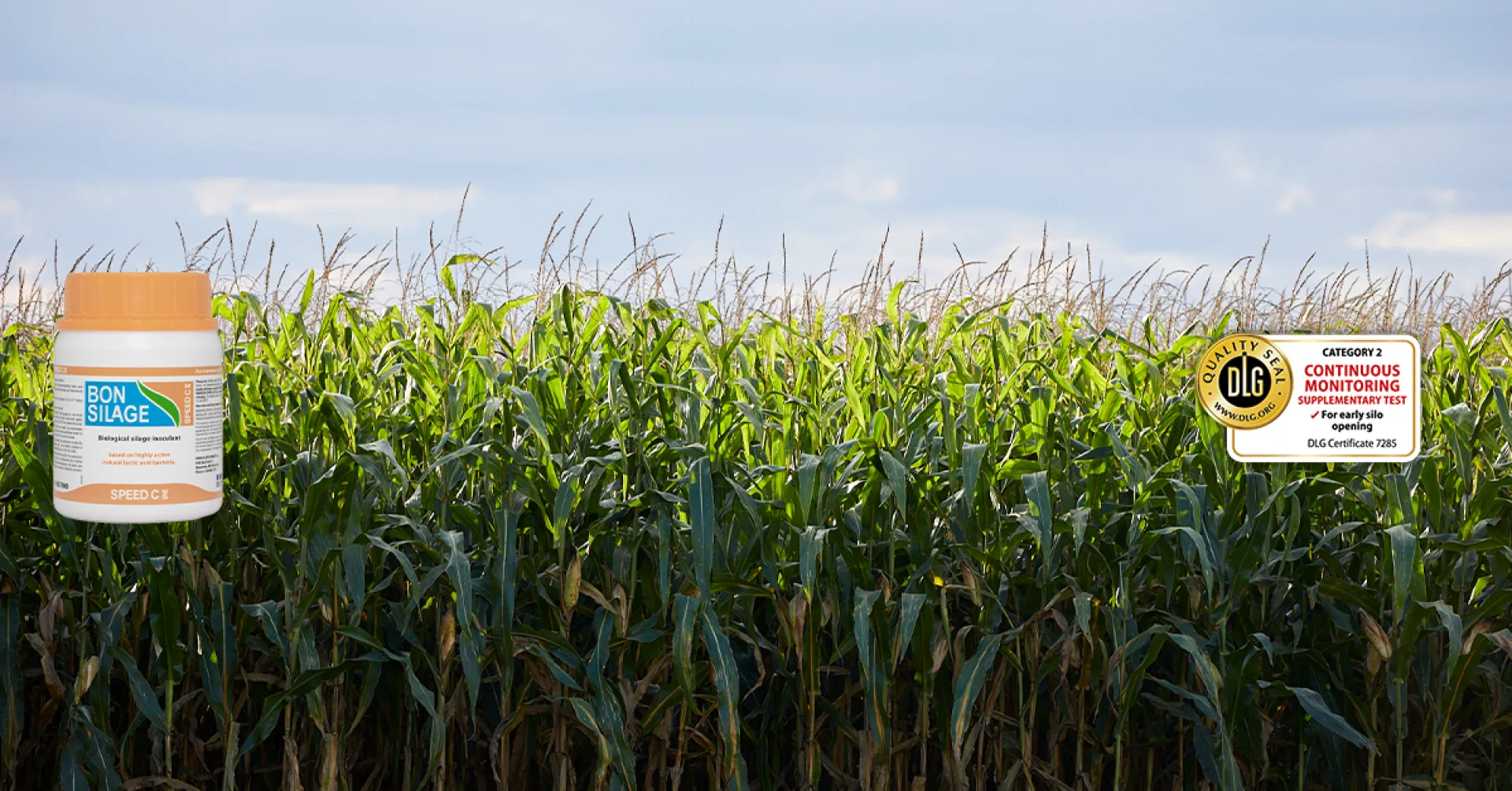
About German Agricultural Society, DLG
The German Agricultural Society DLG (Deutsche Landwirtschafts-Gesellschaft) is an independent organization that was founded in 1985 and has more than 25,000 members. Its mandate is to promote technical and scientific progress. DLG quality labels are issued to products that have passed stringent tests based on the high DLG standards. The quality specifications are oriented to the requirements drawn from practice and are in line with the latest scientific findings. Silage inoculants are tested and evaluated in the following categories.
Evaluation Categories
- WR 1a,b,c,d: Improved ensiling process (letters indicate different forage qualities)
- WR 2: Improved aerobic stability
- 2+: Fastened silo ripening time
- WR 3: Reduction of effluent
- WR 4a: Enhanced nutritional value
- WR 4b: Improved digestibility of silage
- WR 4c: Enhanced meat production value resp. milk production value of silage
- WR 5: Additional actions (e.g. WR 5a: Reduction of Clostridia)
- WR 6a,b,c: Improved biogas production (letters indicate different mode of action)
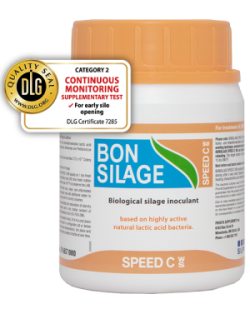
Award winning BONSILAGE SPEED C
After only a short silo ripening period of two weeks, BONSILAGE SPEED C enables the feeding of energy-rich corn silage with high aerobic stability. This DLG honor once again confirms SPEED C’s outstanding effectiveness. The DLG Test Center awarded SPEED C in category 2 “Improvement of aerobic stability” and for the first time in the new category 2+ “Additional test for early silo opening”. This makes BONSILAGE SPEED C the only worldwide silage inoculant to receive this DLG quality seal.
The extreme weather conditions of recent years have caused stress on corn stocks, and in many places harvest had to come early. To add to these difficulties, increasing incidences of yeasts and molds has been observed in silages over recent years. In order for such stocks to ensile safely, a rapid lowering of the pH at the beginning of ensiling and subsequent rapid formation of acetic acid is required to maintain stability.
Thanks to the special combination of lactic acid bacteria strains in the BONSILAGE SPEED C inoculant, acetic acid is formed quickly. This ensures that yeasts and molds are successfully suppressed after only 14 days of silage ripening and significantly improved aerobic stability is achieved. This means that optimum silages can be fed after only a short silage ripening period, forming the basis for high feed intake and profitable milk production.
You can read more about the mode of action and effects of this unique product in one of our previous blog articles here and there.
Characterizing BONSILAGE SPEED C
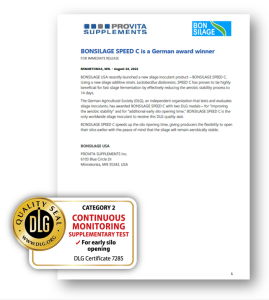
BONSILAGE SPEED C is the first silage inoculant being awarded with the new DLG medal in both category 2 and in the newest category 2+ with additional tests for early silo opening!
- Rapid aerobic stability – inhibits yeasts right from the start
- Permanent protection against reheating
- Ensures feed intake
- Relieves the nutritional balance, lowers costs
To learn more about ensuring high‐quality corn silage on your farm, visit bonsilageusa.com or contact your BONSILAGE representative. #silageexperts

